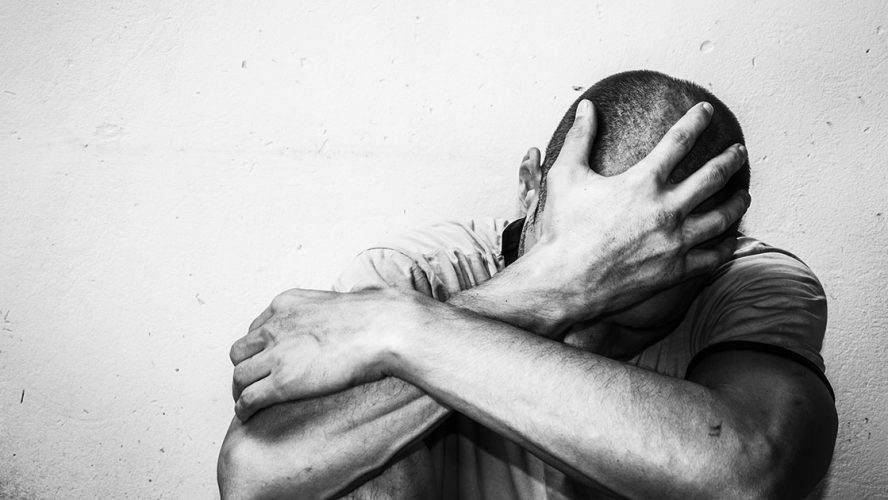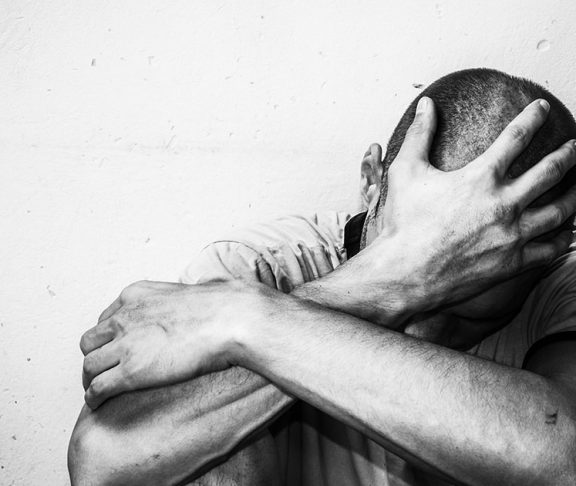Many men suffer from mental health issues. It’s not a weakness, but an opportunity to heal, grow and get stronger.

Many men still believe they are expected to maintain a certain stoicism in the face of depression or other life challenges and embrace a traditional, idealized “masculine” identity to mask their deeper feelings. They often think that they will be considered weak for talking about or seeking help for their problems.
They will talk about feeling angry or irritable — rather than sad or depressed — because they believe they can fix “it” themselves, or “it” will go away on its own. “Man up” and “tough it out” are what men do; expressing feelings are what women do.
Recognizing a healing process
Emerging social norms in our media-saturated culture, however, are starting to encourage men to seek out coping strategies and professional counseling.
We are seeing prominent athletes, musicians, actors, lawyers, politicians, businessmen and military leaders open up publicly about their mental health issues — including depression or suicidal thoughts — and discuss the importance of getting help to deal with issues head-on. The general public sees the message: If such highly successful men are struggling, then I’m not alone. Fortunately, adolescent boys and younger men are growing up in a society that is far less rigid about traditional gender roles than in the past.
In this more nurturing environment, friends, family and health professionals can play an important part in helping men de-stigmatize depression and mental illness. While men may historically want to fix things on their own, a team approach is often best. It can start simply by expressing honest concern and encouraging the men in your life to talk to a close friend, call a helpline or consult with a trusted physician who can objectively evaluate symptoms and recommend treatment options.
Somebody to lean on
Men who are hiding depression and suicidal tendencies are likely to feel ashamed or terrified to open up, so it’s up to friends and loved ones to be patient, understanding and non-judgmental and acknowledge the courage it takes to seek help.
With care and support, we can help men feel OK about pursuing professional treatment, like talk therapy or support groups, which would further de-stigmatize mental illness and continue the process of healing.
See the signs
Recognizing the signs that someone may have a mood or mental disorder is the first step toward getting treatment and living a better life. According to the National Institute of Mental Health and Mental Health America, warning signs include:
- Anger, irritability or aggressiveness
- Noticeable changes in mood, energy level or appetite
- Difficulty sleeping or sleeping too much
- Difficulty concentrating, feeling restless or on edge
- Increased worry or feeling stressed
- A need for alcohol or drugs
- Sadness or hopelessness
- Suicidal thoughts
- Feeling flat or having trouble feeling positive emotions
- Engaging in high-risk activities
- Ongoing headaches, digestive issues or pain
- Obsessive thinking or compulsive behavior
- Thoughts or behaviors that interfere with work, family or social life
- Unusual thinking or behaviors that concern other people

